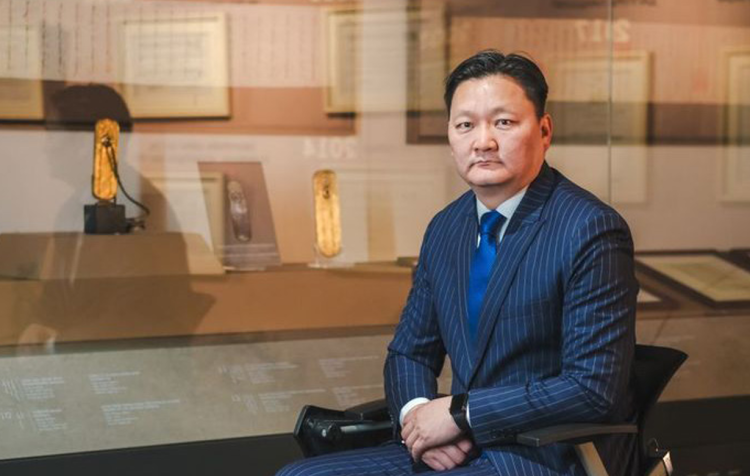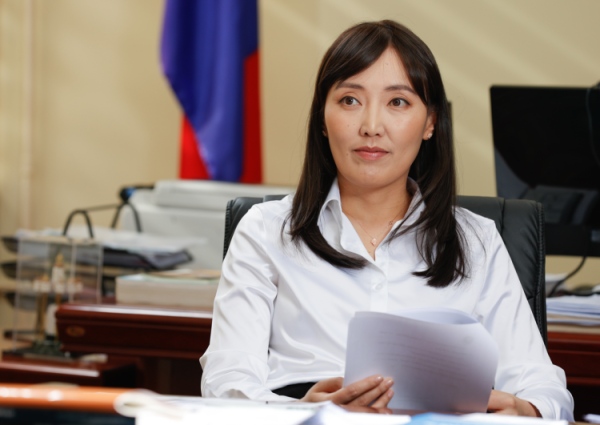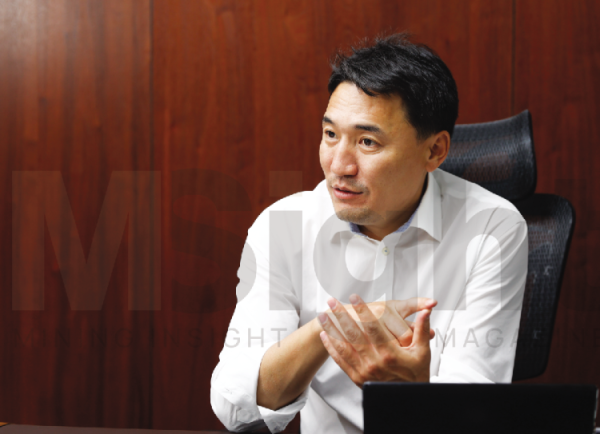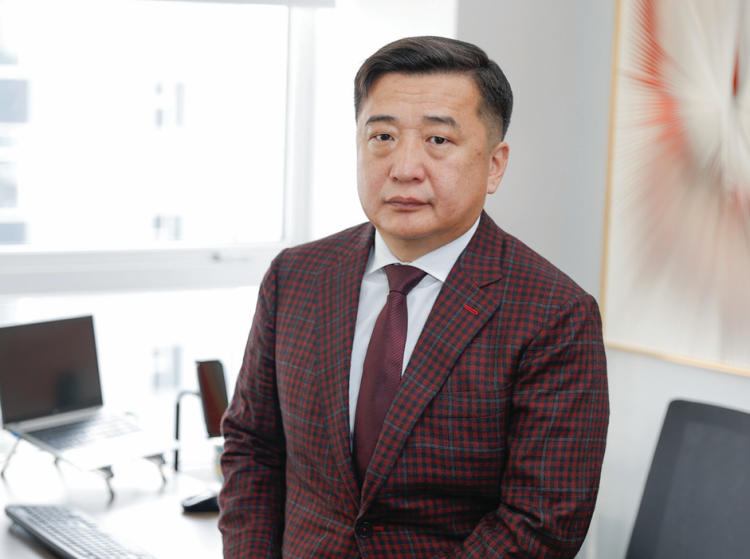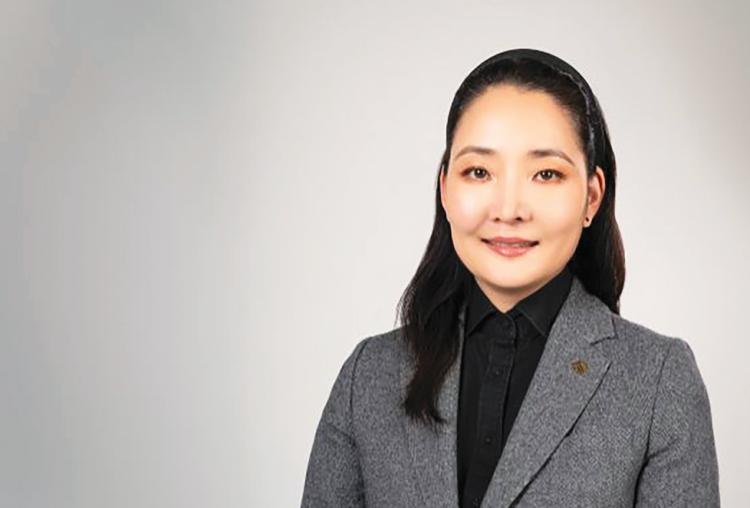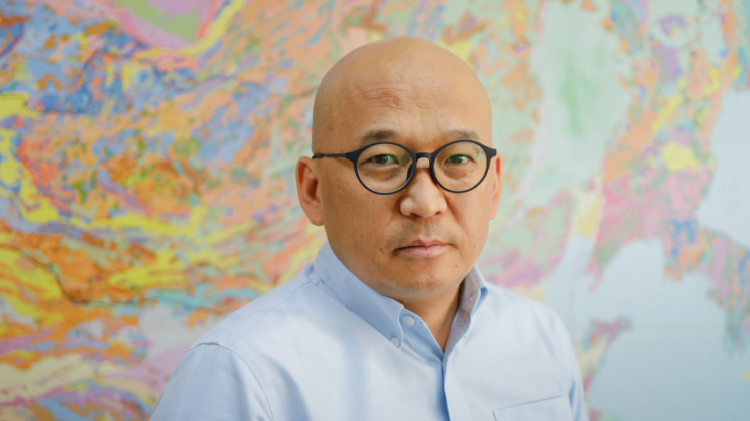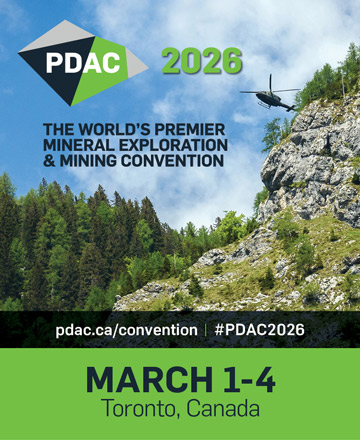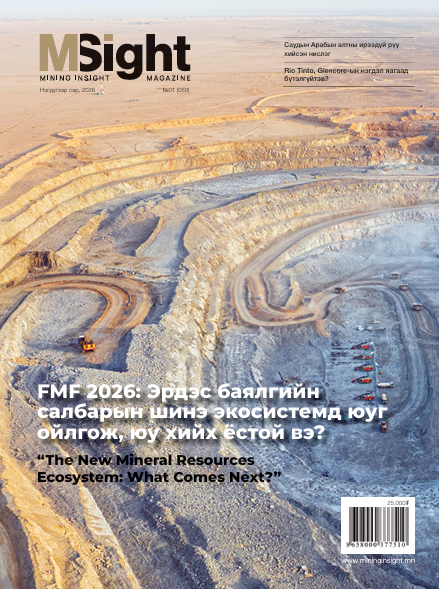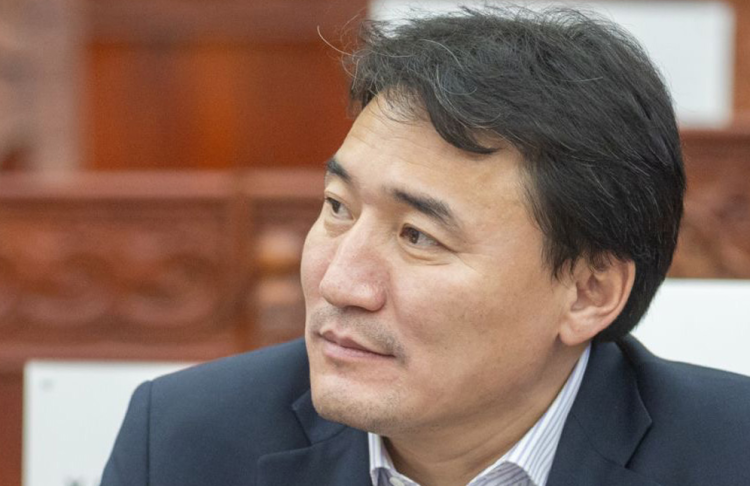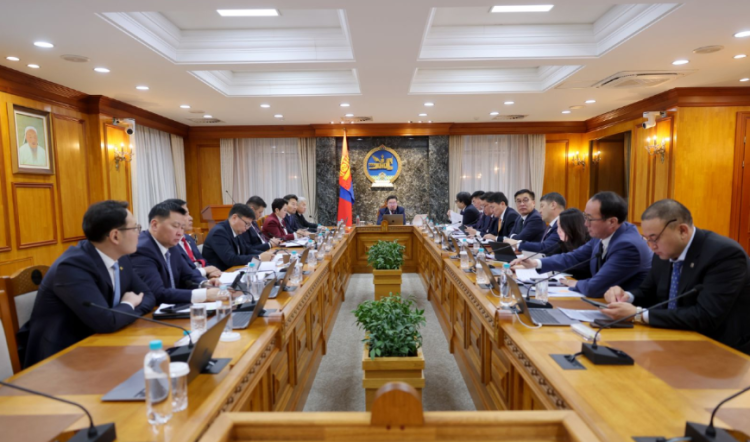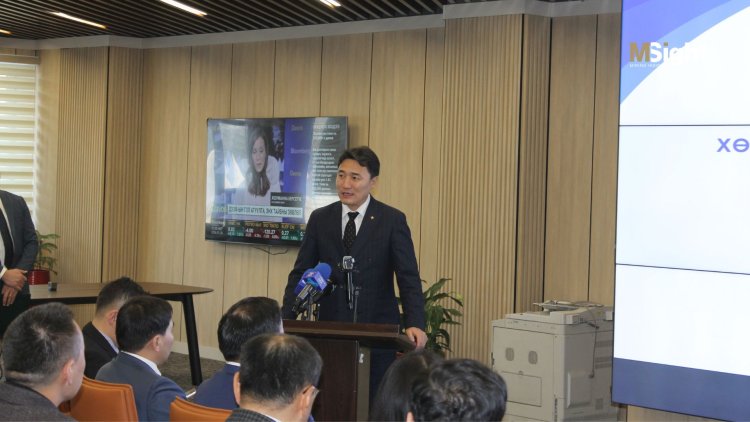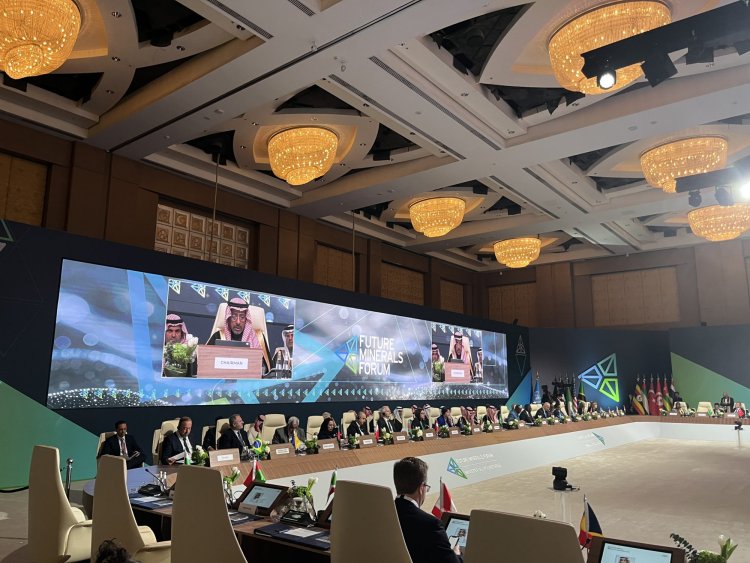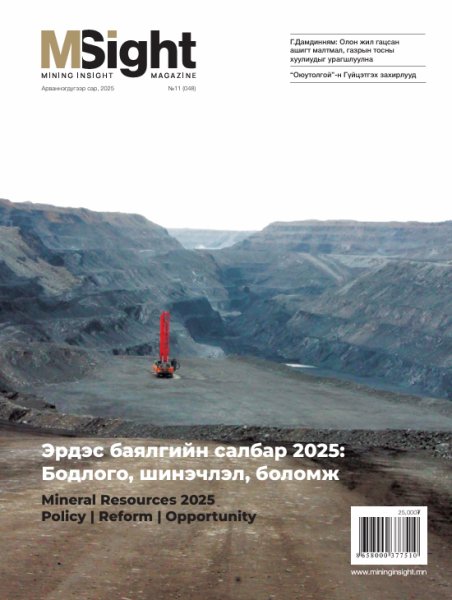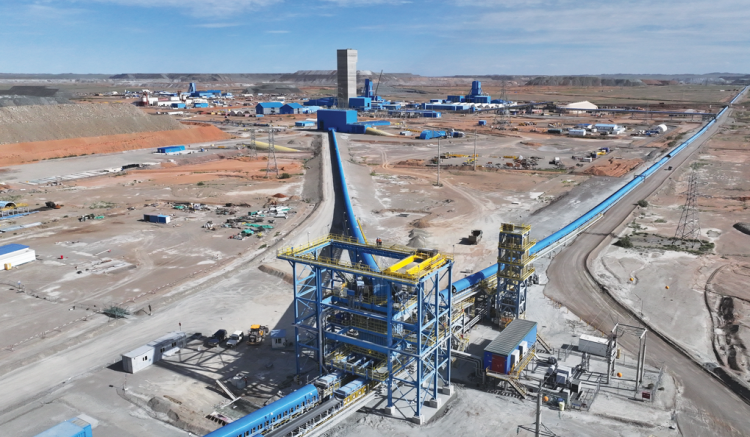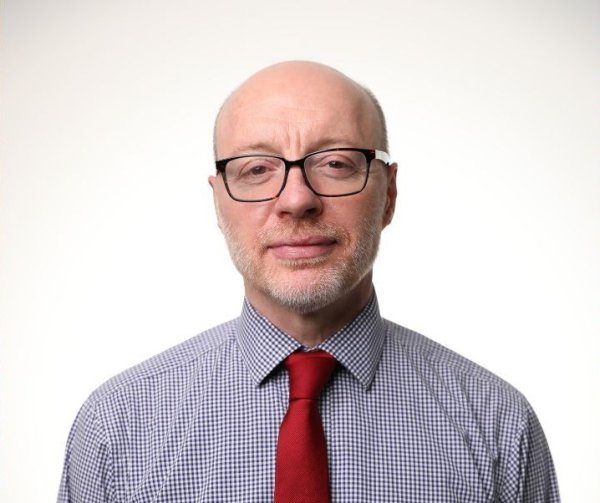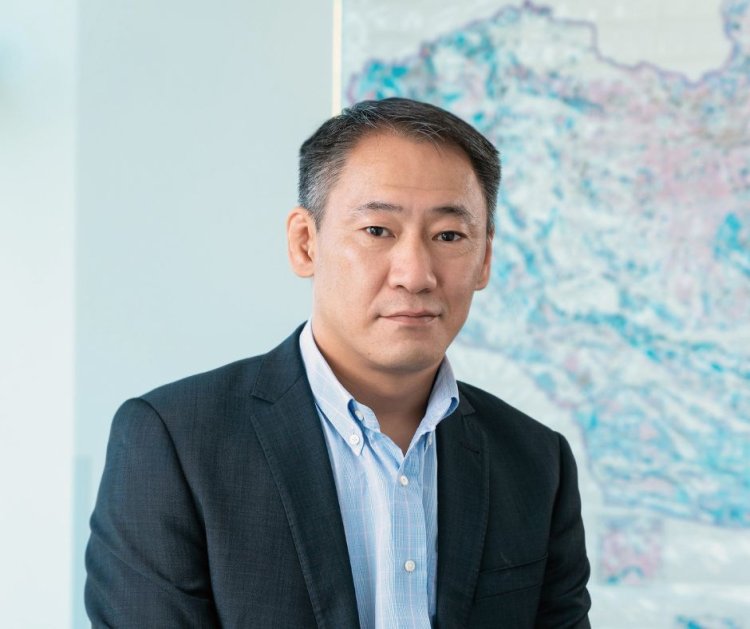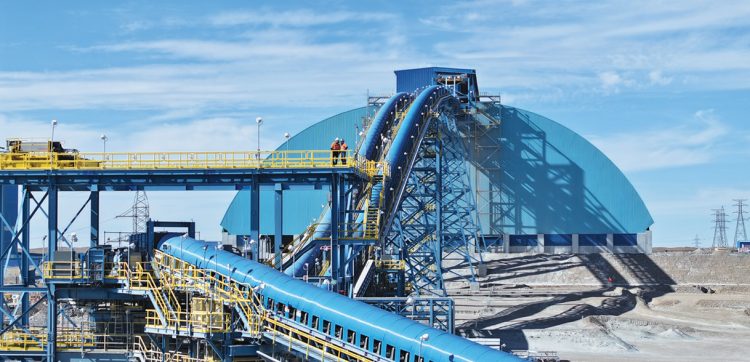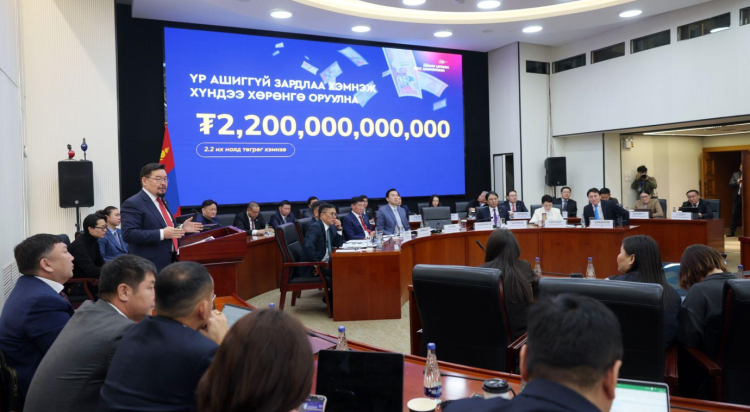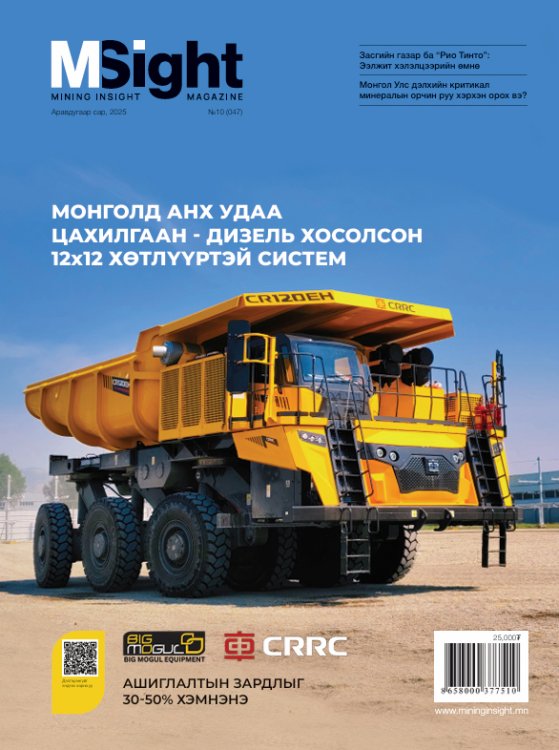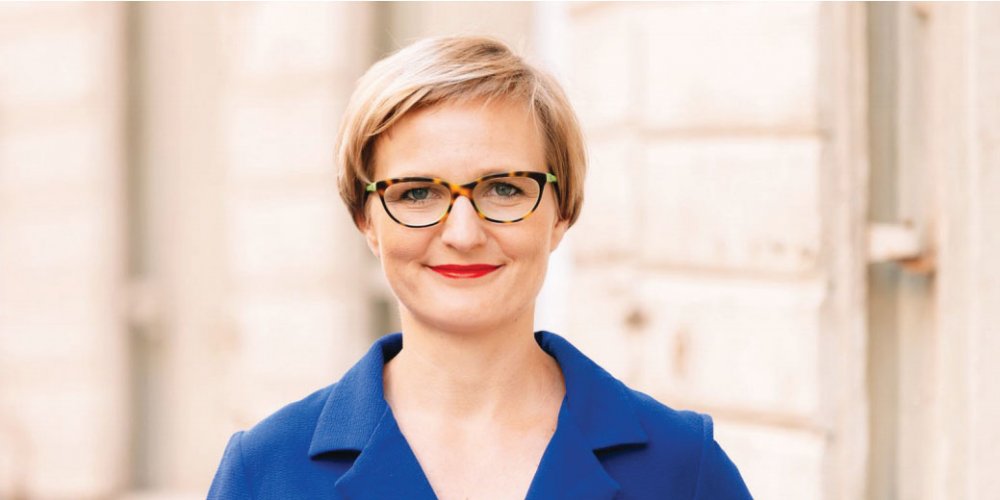 In October 2022, Prime Minister OyunErdene.L of Mongolia undertook an official visit to Germany. As a reciprocal gesture, Dr.Franziska Brantner, Parliamentary State Secretary at the Federal Ministry for Economic Affairs and Climate Action, and Member of the German Bundestag, is scheduled to visit Mongolia in June. In preparation for this forthcoming visit, Batbold.O from Mining Insight had an interview with Dr.Franziska Brantner in Berlin.
In October 2022, Prime Minister OyunErdene.L of Mongolia undertook an official visit to Germany. As a reciprocal gesture, Dr.Franziska Brantner, Parliamentary State Secretary at the Federal Ministry for Economic Affairs and Climate Action, and Member of the German Bundestag, is scheduled to visit Mongolia in June. In preparation for this forthcoming visit, Batbold.O from Mining Insight had an interview with Dr.Franziska Brantner in Berlin.Mongolian Prime Minister Oyun-Erdene.L had an official visit to Germany in October 2022. You will be paying a visit to Mongolia in June 2023. Please share with us the activities planned for your upcoming visit to Mongolia. What will be the main topics of discussion during this visit?
We have a regular meeting of the bilateral governmental working group on raw materials between Germany and Mongolia.
So we continue our good political exchange there, and then I'm accompanied by a market exploration delegation. These are companies who come to see for them what they could export better or cooperate with the companies in Mongolia to access the Mongolian market.
During the Prime Minister of Mongolia's visit, the two countries discussed the possibility of jointly developing minerals and rare earth elements. Could you provide more details about the current works being discussed in the framework of cooperation between the two countries in this direction?
There is cooperation on an academic and scientific level. We are also in contact with the Mongolian government on concrete projects and will hopefully learn more about possibilities when in Mongolia. We will then also transfer these informations to German companies.
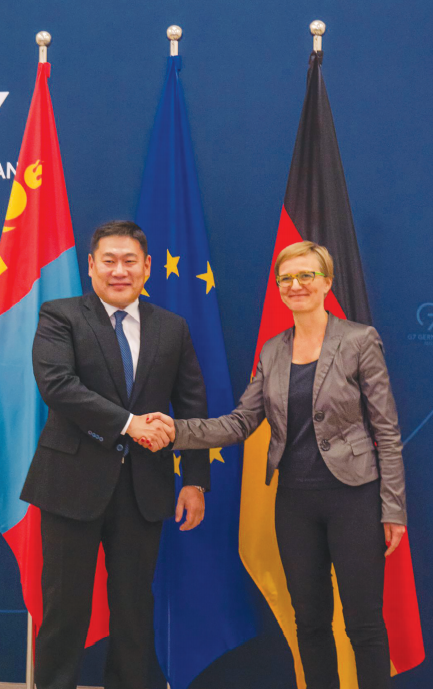
Photo: PM OyunErdene.L with Franziska Brantner, Parliamentary Secretary of State and a member of the Bundestag.
The Mongolian and German governments signed an agreement in 2011 on cooperation in the field of raw materials, industry, and technology (Rohstoffpartnerschaft). How do you assess the importance and outcomes of this partnership? Also, what opportunities and solutions do you see for the intensive development of negotiations in the new situation?
It's a new situation now. I think it was always an important step to start cooperation on the academic and the corporation level between the different agencies between our countries. And I think what is still not clear yet, is what companies will invest. We are trying to encourage that investment.
In today's rapidly changing world, what policies and strategies does Germany follow to ensure a reliable supply of mineral resources and raw materials, considering factors such as digitalization, climate change, epidemics, and wars? What is Germany's strategy to ensure a reliable supply chain?
We are working on diversification with our international partners and also on using the potentials we have back home better, and on circularity on recycling.
So, we have a threefold approach. It's diversifying worldwide, doing more domestically and then recycling for circularity.
Regarding the mineral relations of the private sector companies of both countries, what kind of impetus will be given, and what new opportunities will be opened? What is the different situation in 2011 as they signed Rohstoffpartnerschaft?
We don't tell the companies which countries to go to or which ones not to go to. It's in the end a company's decisions about where they spend their resources and where they do not. What we have been of course working on is to improve access to financing. So we have worked and improved the loan scheme and we will in the future, hopefully, be able to set up a raw material fund where we can also support companies better in investing in raw material projects at home and abroad.
Mongolia and Germany has been important partner for the last 30 years in building democracy and a private economy. Mongolia has just two neighbors, China and Russia. What's the possibility of third neighbors like German or European countries? So what can Mongolia do better for the third neighbor's investment?
The rule of law, transparency, and of course, also the future of having green energy are important. And the good cooperation with the local communities and good labor laws.
For that issue will Germany continue to support Mongolia? Because you had some projects with good governance also especially in the mineral resource sector. And the projects implemented by GIZ and BGR? Does it continue in that regard?
We will certainly continue and I think it's important.
Would you like to add more about your visit and also regarding Mongolia's mineral sector development?
I'm looking forward to visiting Mongolia and meeting people and seeing and being able to visit projects locally. And I'm happy that we will have a good business delegation with us.
Thank you for your time.



